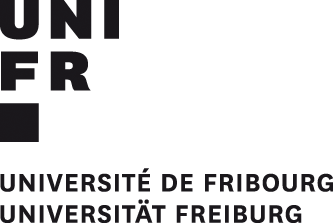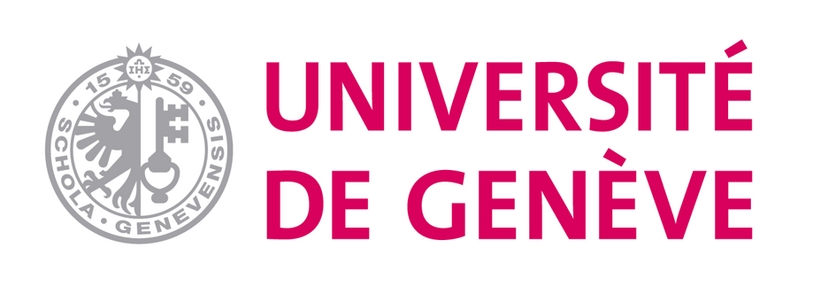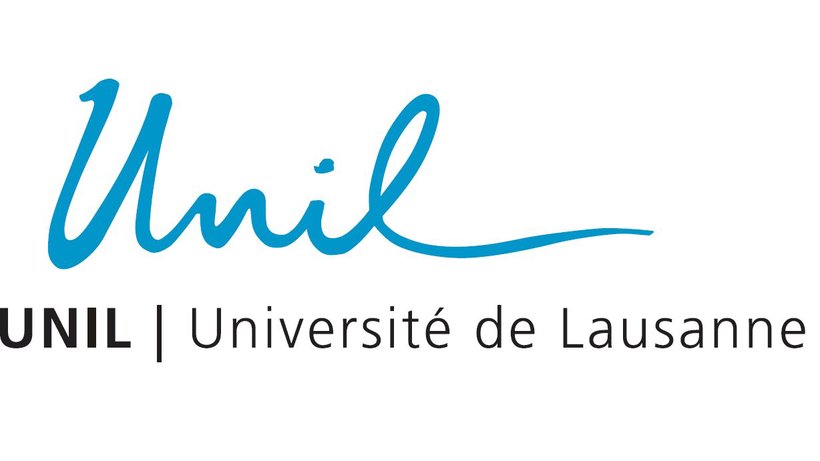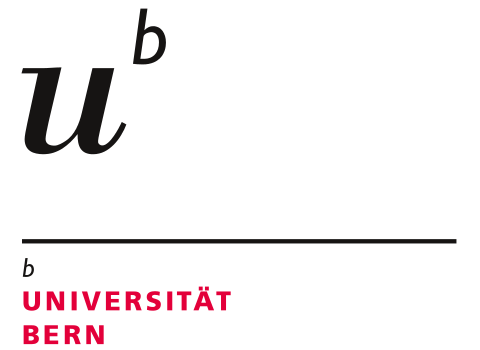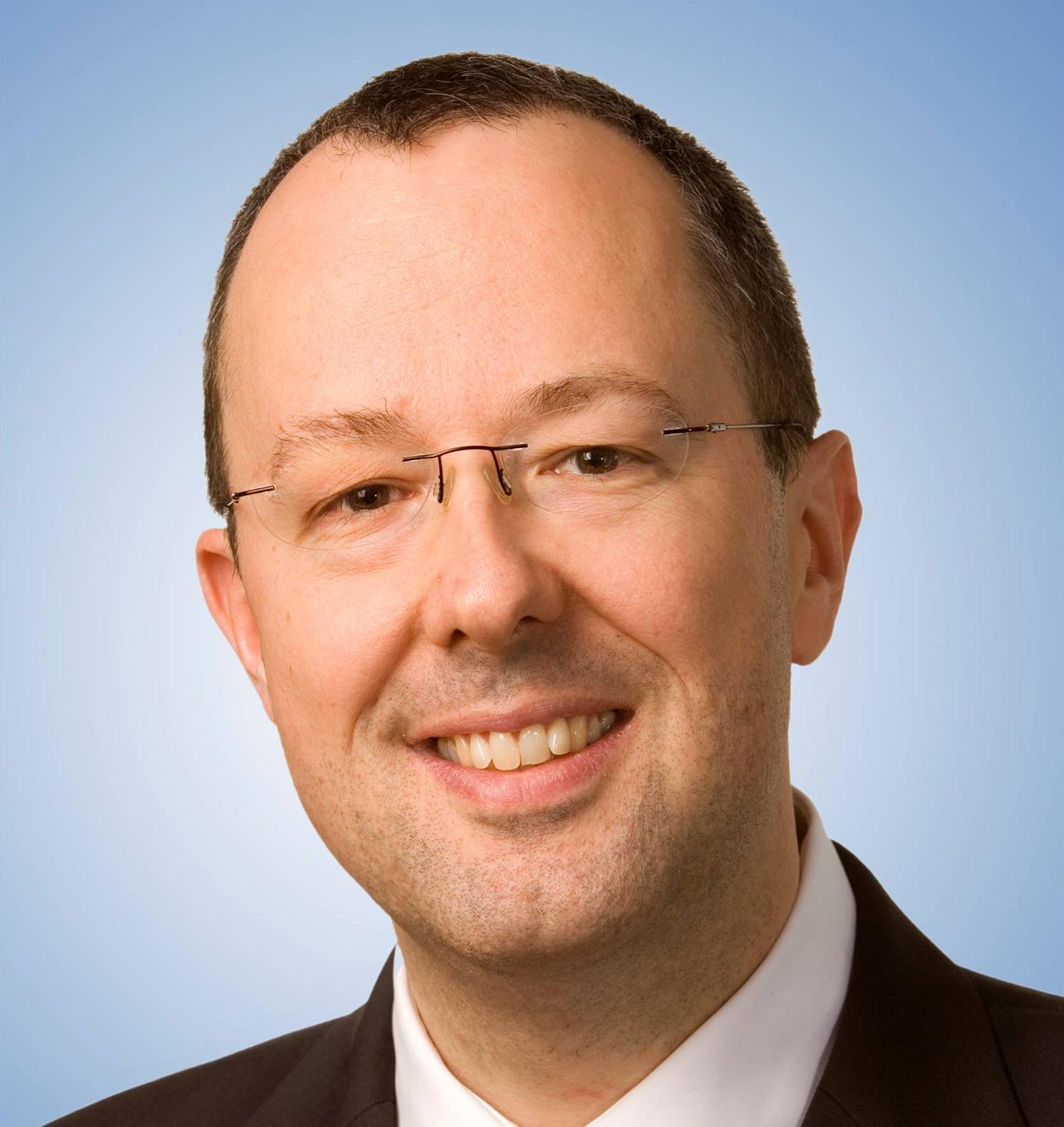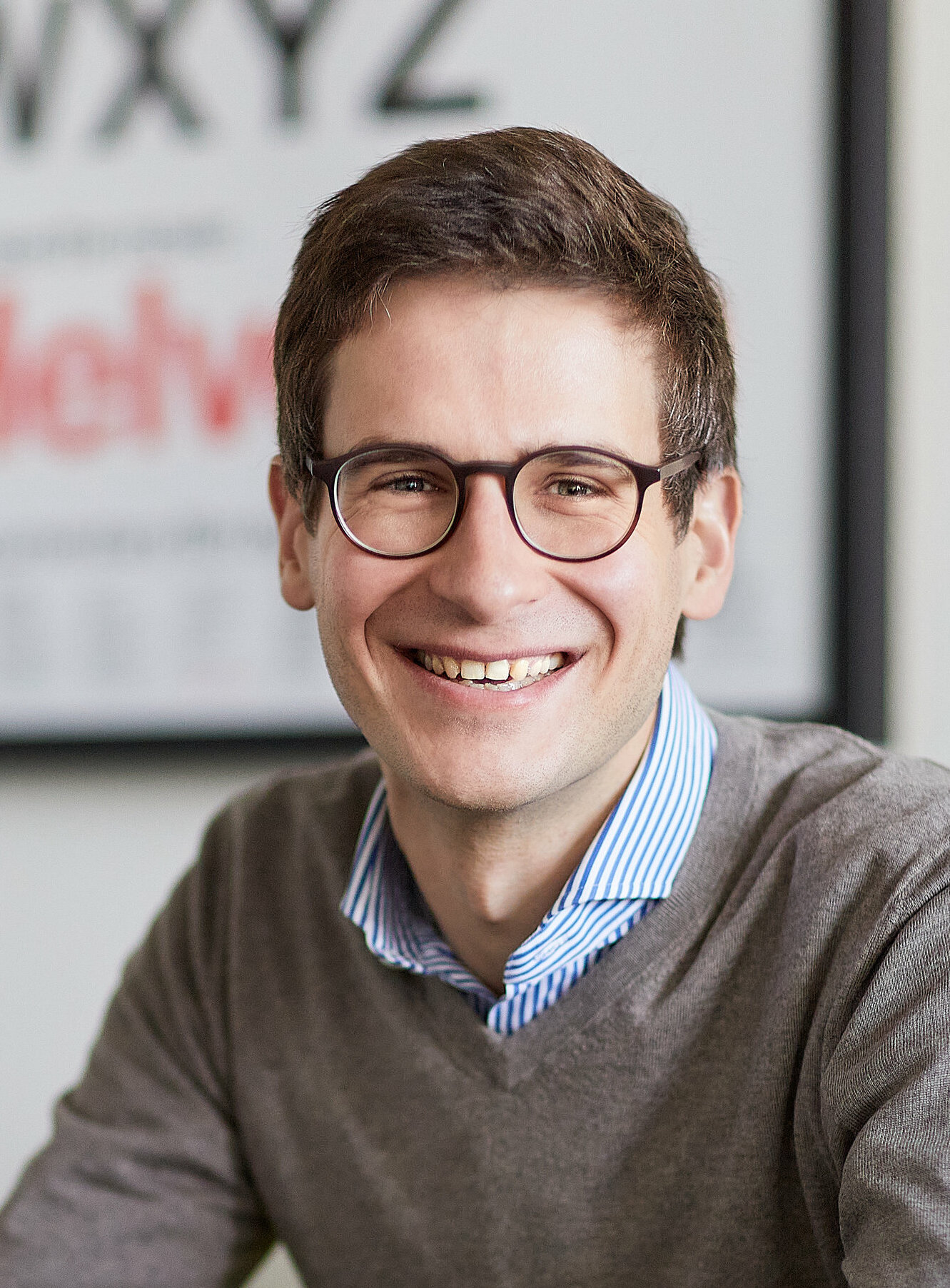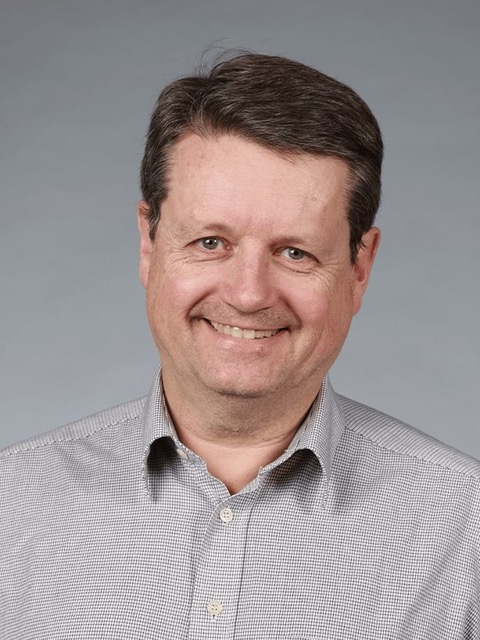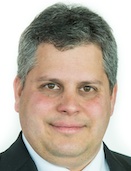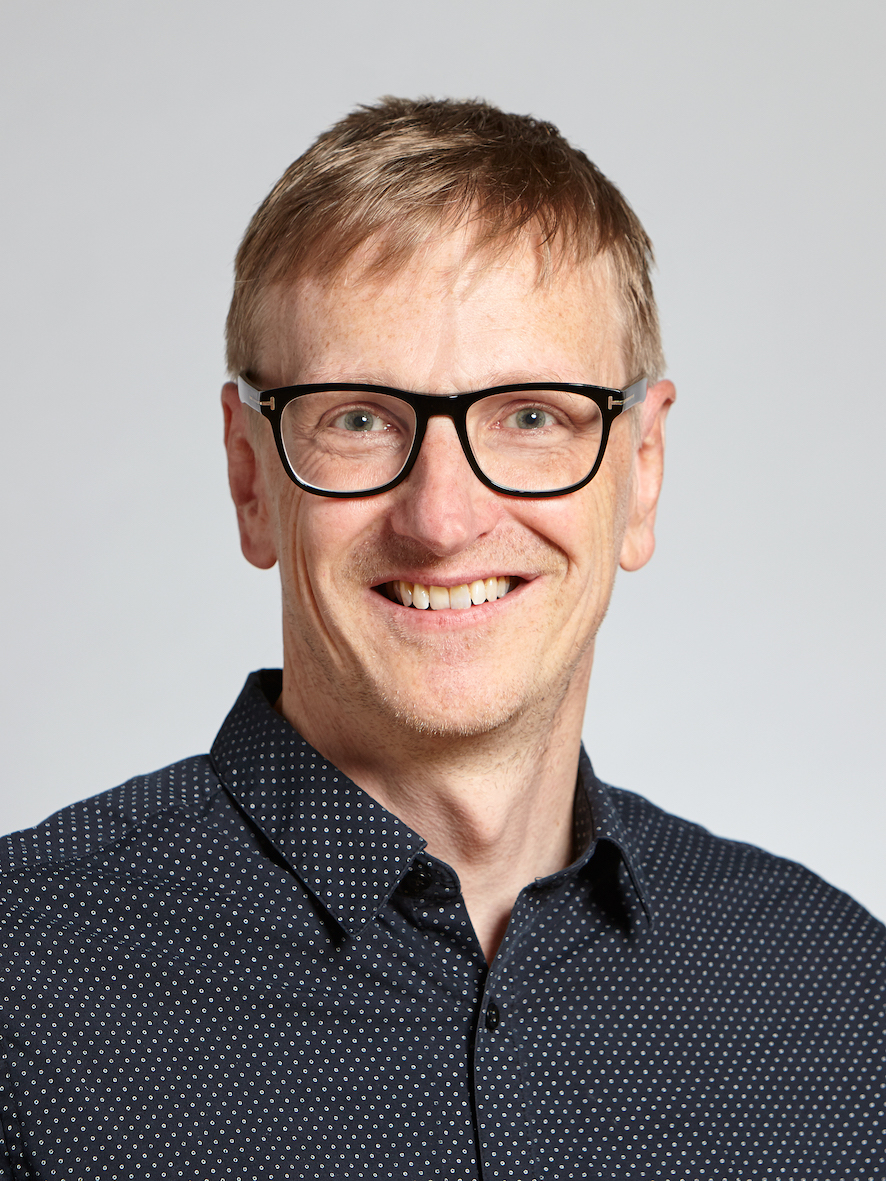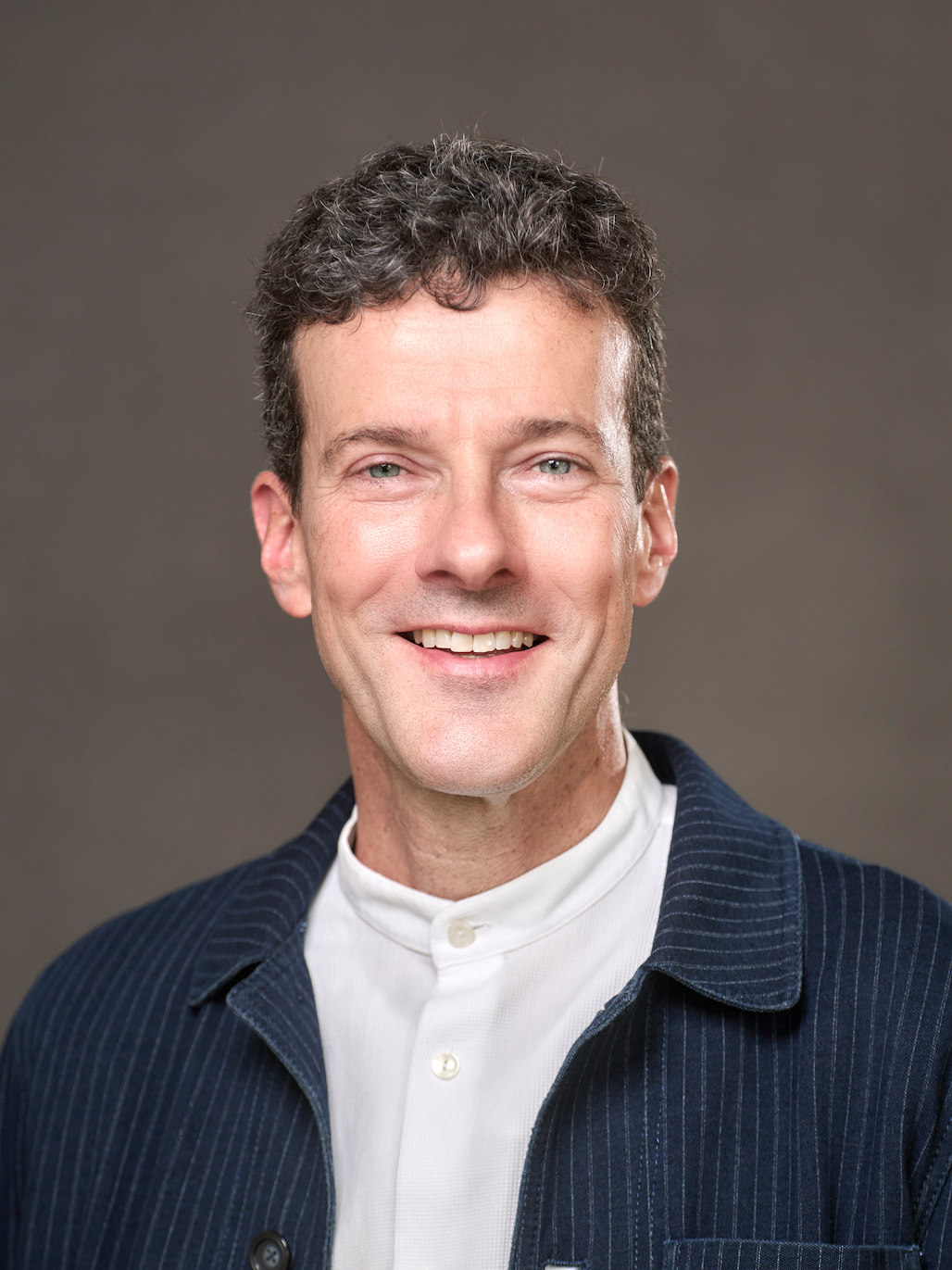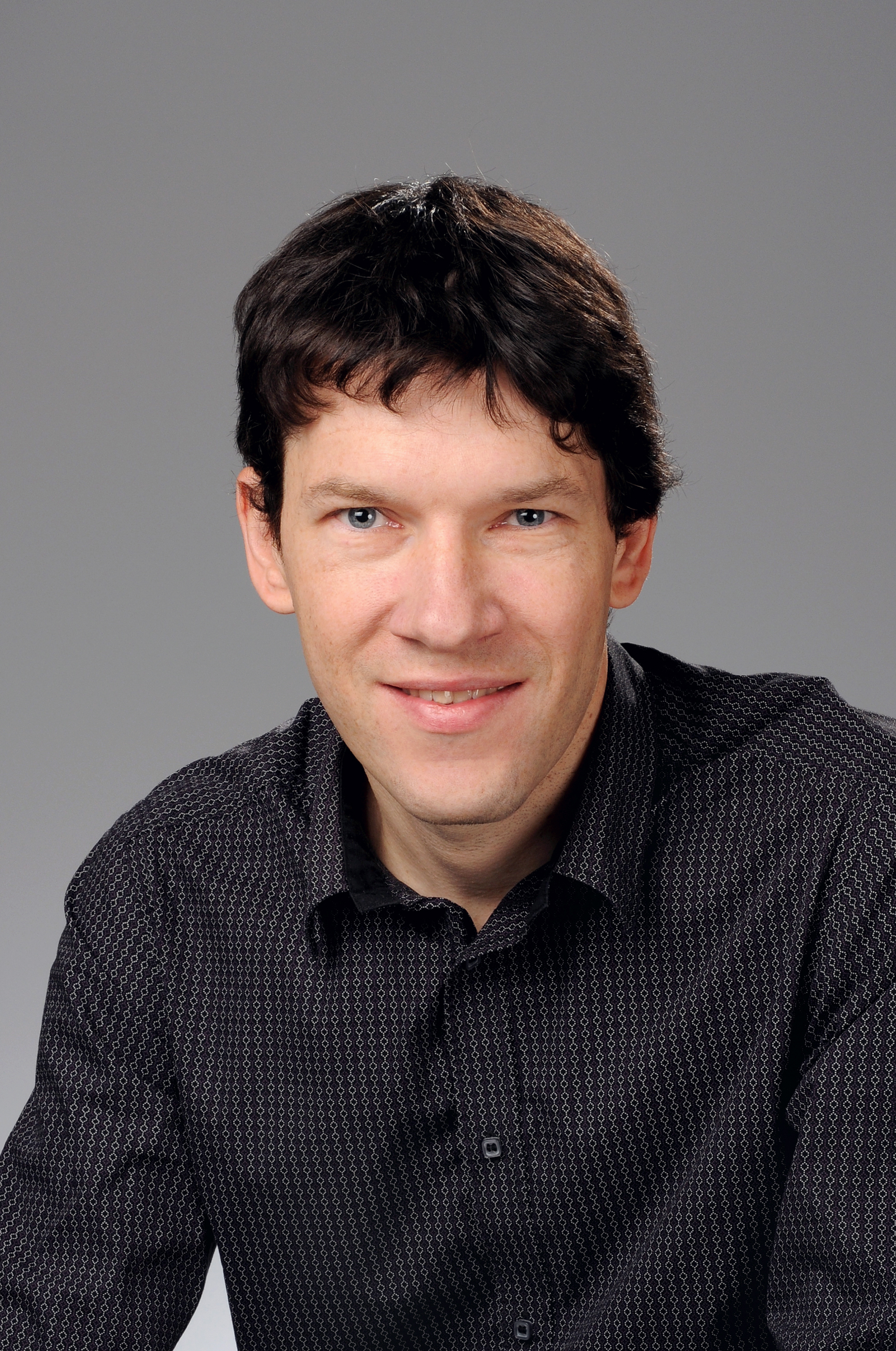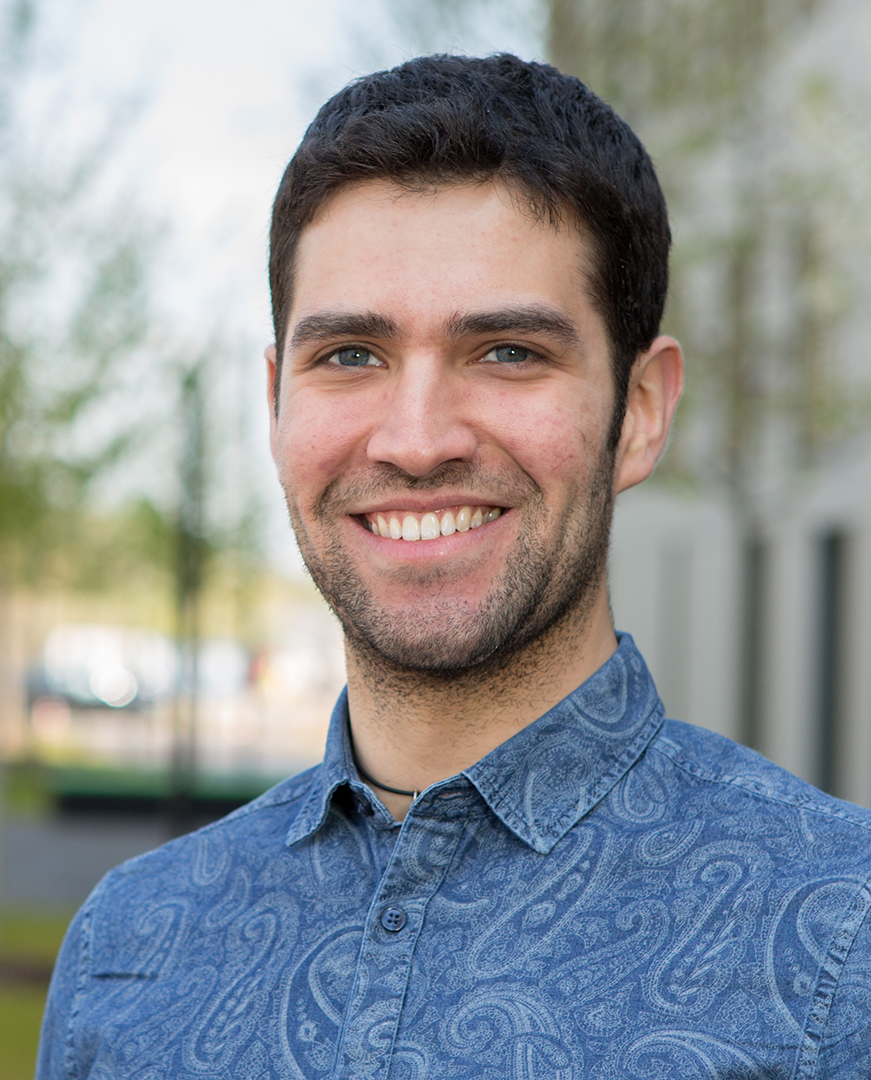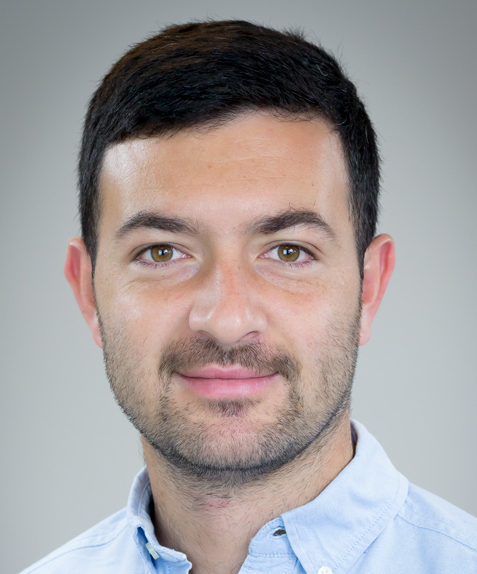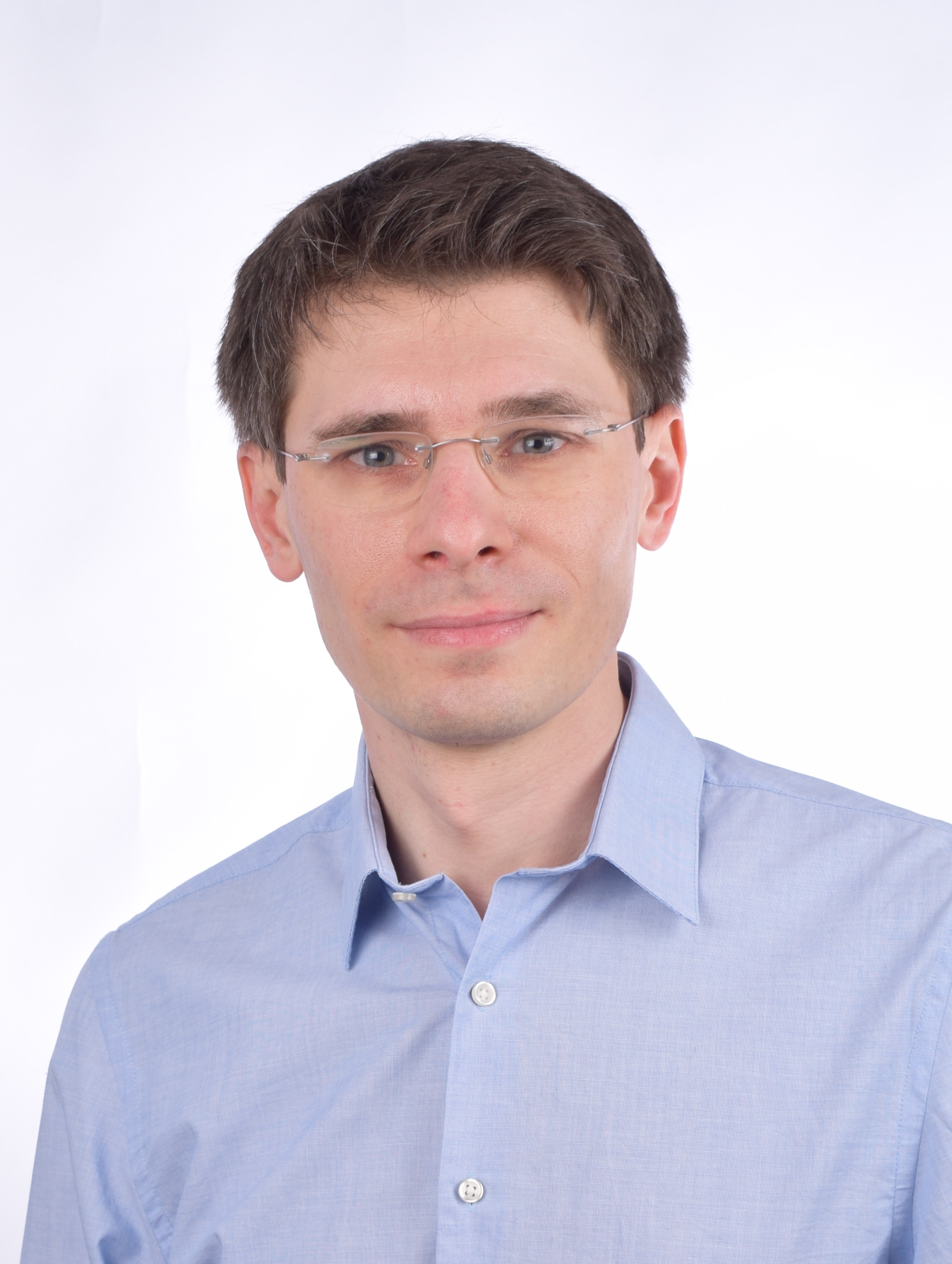13:00 - 13:15
Introduction
13:15 - 14:45
Session A1
“Introduction to Hybrid Networks”
14:45 - 15:30
Coffee Break
15:30 - 17:00
Session A2
“Introduction to Hybrid Networks”
17:00 - 17:30
Coffee Break
17:30 - 19:00
Session A3
“Introduction to Hybrid Networks”
08:30 - 10:00
Session B1
"Reasoning about Network-level Distributed Algorithms”
10:00 - 10:30
Coffee Break
10:30 - 12:00
Session B2
"Reasoning about Network-level Distributed Algorithms”
12:00 - 16:30
Leisure Time (lunch on your own)
16:30 - 18:00
Session B3
"Reasoning about Network-level Distributed Algorithms”
18:00 - 18:45
Participant presentations
- David Lehnherr (Uni BE): From Graphs to Semi-Simplicial Sets
- Diana Ghinea (ETHZ): Byzantine Agreement: a Quick Overview
- Pasquale De Rosa (Uni NE): Bias Mitigation in Federated Learning for Edge Computing
- François-Xavier Wicht (Uni BE): The Multiple Faces of Privacy in Cryptocurrencies
- Simon Queyrut (Uni NE): Federated Model Extraction Attack Against cGANs
08:30 - 10:00
Session C1
"Percolation Models and Wireless Networks"
10:00 - 10:30
Coffee Break
10:30 - 12:00
Session C2
"Random Graph Models and Diffusion Source Location"
12:00 - 16:30
Leisure Time (lunch on your own)
16:30 - 18:00
Session C3
"A Short Introduction to Network Calculus"
08:30 - 10:00
Session D1
"Local Algorithms and Symmetry Breaking"
10:00 - 10:30
Coffee Break
10:30 - 12:00
Session D2
"Local Algorithms and Symmetry Breaking"
12:00 - 16:30
Leisure Time (lunch on your own)
16:30 - 17:45
Session D3
"Local Algorithms and Symmetry Breaking"
17:45 - 18:00
Coffee Break
18:00 - 19:15
Session E1
"Learning with Graphs"
08:30 - 10:00
Session E2
"Learning with Graphs"
10:00 - 10:30
Coffee Break
10:30 - 12:00
Session E3
"Learning with Graphs"
12:00 - 12:30
Closing Out
